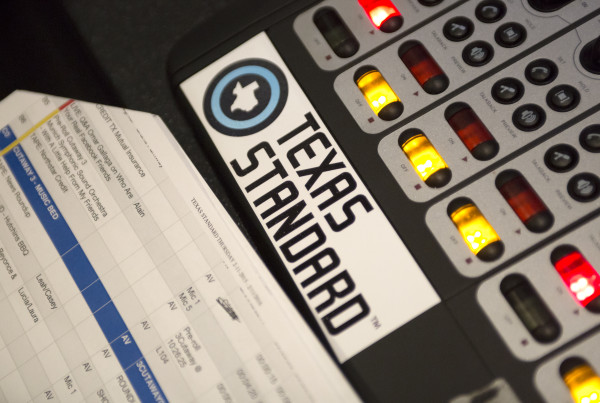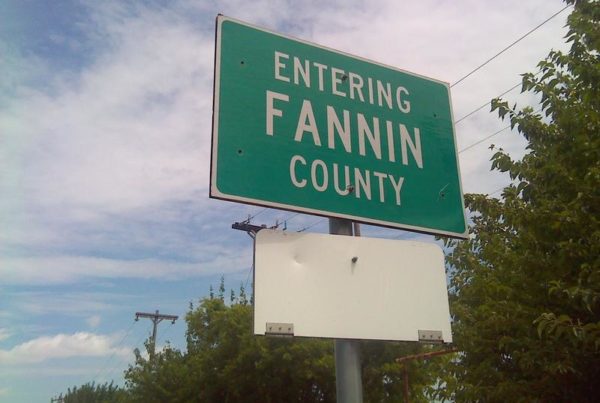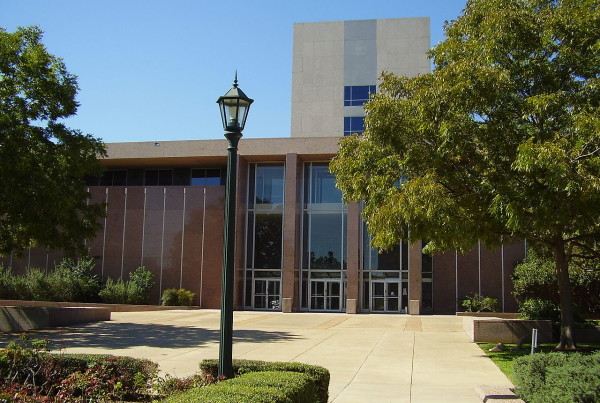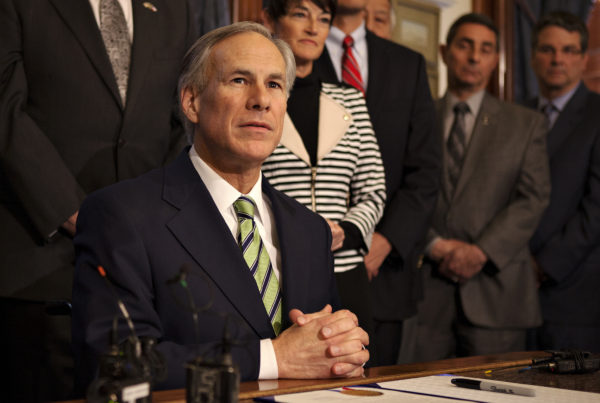This week, a nationwide immigration sweep targeted 7-Eleven stores – almost 100 locations nationwide – in what’s being described as an unprecedented search for undocumented workers. In raids at the Irving-based company, agents arrested 21 people suspected of being in the country illegally.
Angela Morrison, associate professor at Texas A&M University School of Law, says the move seems to signal a major shift in policy.
“The acting ICE chief has indicated already, as early as October, that he expects there’s going to be four to five times as many workplace actions,” she says. “What we’re seeing that’s different about these raids, and what the 7-Eleven raids might indicate, is that during the Obama administration immigration had moved away from the large-scale raids that the Bush administration had been doing, to what people termed ‘silent raids.’”
She says in silent raids, agents went into workplaces and did audits of employment paperwork.
“Employers would have three days to respond to those. And with this recent round of workplace raids, they did also issue notice of inspections, so these 7-Eleven stores are still having to reply to the audits,” she says. “As far as the raids go, usually how those are conducted is ICE enters the workplace – if it’s a public area, they aren’t required to get any sort of warrant.”
Then ICE can interview workers, she says, and get information to charge the worker or the employer.
Under the Obama administration, ICE did similar raids at 7-Eleven stores in 2013, but Morrison says those raids weren’t about searching for undocumented workers.
“A lot of times, the reason that the administration was investigating the workplace in the first place was because the workers had reported either wage theft or some sort of other violation of workplace law,” she says.
Morrison says a 2013 study found that paperwork audits are more effective than raids at deterring employers, at least partly because raids typically result in charges only for the workers.
“It’s much more difficult for the government to prosecute or prove charges against the employers,” she says. That’s because employers are able to hide behind the “good faith” defense.
“Under immigration law, that lets them say, ‘As long as the documents the employee provided me on their faith looked valid, then I haven’t really violated any of the immigration laws,’” Morrison says.
She says that, at its core, employment is so difficult to police because businesses are expected to hire only authorized workers while at the same time not discriminate against applicants.
“So of course an employer can refuse to hire someone who’s unauthorized, but we don’t want employers making assumptions about someone because of their ethnicity or nationality,” she says. “So the reason that we’ve included things like the good faith defense is to try to temper those immigration laws with also the goal of getting rid of employment discrimination.”
Written by Jen Rice.
















